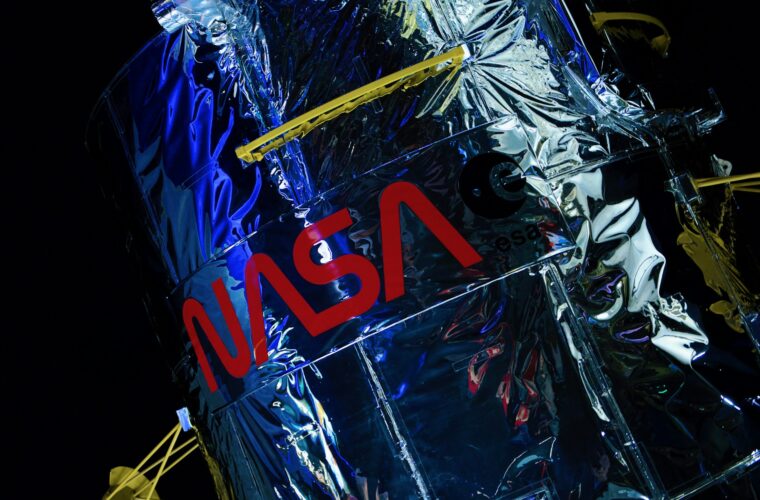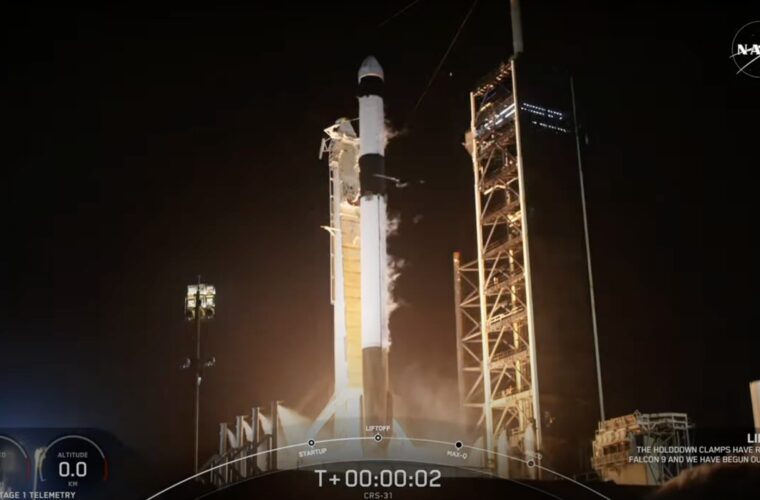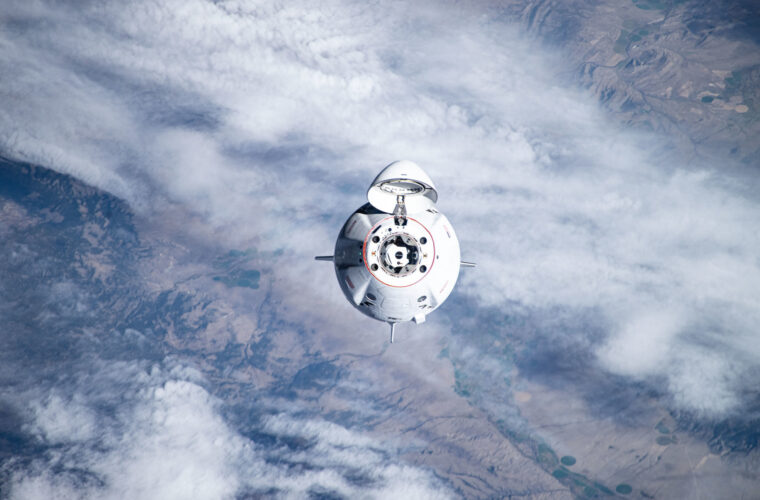Delaware-based firm GuardianSat received the National Science Foundation’s America’s Seed Fund grant for its satellite technology that could help us humans safeguard space exploration and communication. On October 12, the business reported this promising news, marking a major milestone in its goal to protect satellites from space debris.
Space debris threatens telecommunications and space discoveries. Defunct satellites, rocket stages, and other waste in Earth’s orbit raise the possibility of collisions with spacecraft. This threatens worldwide communication and space mission initiatives. Improved tracking systems, as well as suitable satellite disposal, will be required to protect our space infrastructure and advance scientific exploration.
Significant innovations are at the forefront.
The $273,000 Small Business Technology Transfer Phase 1 research contract funding is remarkable. GuardianSat will also receive technical help from the Aerospace Corp., which will boost its innovation. America’s Seed Fund’s $200 million annual funding of innovative entrepreneurs highlights the importance of GuardianSat’s contribution to space technology.
The design
GuardianSat’s initiative centers on a debris-avoidance mechanism for high-Earth-orbiting satellites. Robert Briskman, a Sirius XM co-founder, patented the concept. GuardianSat research lead Huey Wyche talked about their complex design. Satellite control systems, sophisticated sensor and tracking systems, and interfaces that work with thruster and communication subsystems make up the Autonomous Satellite Orbital Debris Avoidance System. This strong system detects collision dangers and autonomously modifies the satellite’s trajectory to avoid mishaps. It also simplifies a satellite’s return to its former position after evading debris and allows satellites to share object data to improve space domain awareness.

GuardianSat CEO Christopher Rohe praised the NSF award for strengthening their space domain awareness and avoidance systems. “We are excited to take the next steps and continue advancing new and transformative solutions to keep space open,” he said, emphasizing the company’s commitment to space technology innovation.
The 2020-founded business by Rohe and Briskman promotes complete orbital object sensing. GuardianSat uses multi-spectral sensors to distinguish objects by their spectral characteristics. Wyche says that this remarkable capacity helps distinguish between operational satellites, deceased spacecraft, and space junk.
Other systems by GuardianSat
The debris-avoidance mechanism is only one of GuardianSat’s innovations. The company is also developing a revolutionary “anti-satellite countermeasure system.”
As the space economy develops, satellites will become increasingly important to commercial and military operations. These satellites are vital to the Intelligence Community and the Space Economy, but they are also attractive targets for hostile governments. Due to the short period between deployment and impact, anti-satellite weapon research and testing have gone mostly uncontrolled, making it impossible to defend against them.
In light of these expanding dangers, GuardianSat is working on an independent anti-satellite weapon countermeasure system that can counteract hostile attacks from the ground, the air, and outer space. This system uses microwave and lidar technologies to identify and track incoming objects.
GuardianSat will advance satellite technology with this award from America’s Seed Fund, safeguarding space exploration and communication’s future. As the company’s concept develops, safer and more dynamic space environments become possible.



